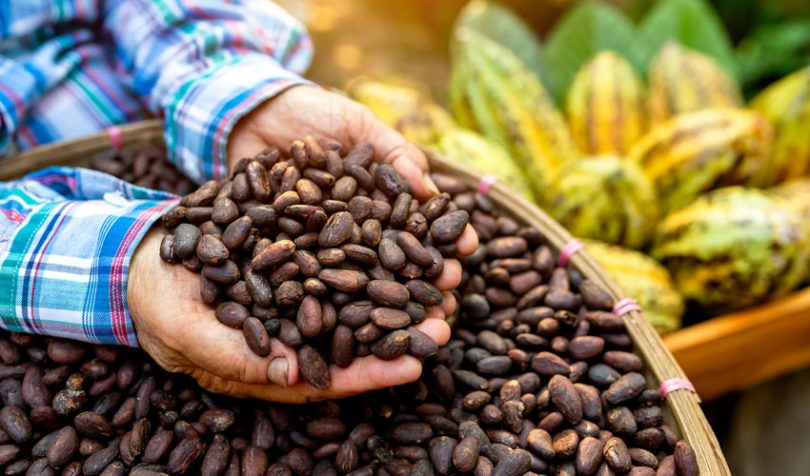On the 27th June, the Technical Centre for Agricultural and Rural Co-operation (CTA) announced that it has awarded four grants to develop blockchain solutions in the sector. The international organization revealed that Biodiversity International, the International Center for Tropical Agriculture (CIAT), Erba 96, and Nitidae have won funding.
The firms will apply distributed ledger technology (DLT) to improve farming conditions in Côte d’Ivoire, Papua New Guinea, Sierra Leone, Trinidad and Tobago, and Uganda.
The funding was awarded after last year’s call for proposals. The exact amounts are not published, but the proposal guidelines state a maximum of €60,000 could be granted for each successful party.
The CTA aims to address poverty in the African, Caribbean, and Pacific (ACP) area by innovating in agriculture, making it more sustainable and economically viable. A key priority for the EU funded organization is digitization.
Thursday’s announcement briefly outlines how each of the awarded companies will use blockchain technology. The CIAT plans to use the technology for supply chain management, analyzing the journey of crops to discover risk factors.
Both Biodiversity International and Nitidae will focus on cocoa crops, the former to track and improve the quality of farming and the latter for traceability. Erba 96, too, will utilize DLT for the traceability of vegetables.
Biodiversity International’s Scientist in Cacao Genetic Resources, Brigitte Laliberte stated: “We are thrilled about this partnership with CTA as it supports our objective of increasing quality and promoting excellence in cocoa farming and the creation of trust, transparency and traceability from farmers to consumers across three countries.”
Biodiversity International and the CIAT already work together on research and solutions for food security in low-income areas. Nitidae also focuses on crop sustainability applying various methods from engineering, finance, and soil carbon science to power rural agricultural economies.
Meanwhile, Erba 96 is a Hungarian tech firm working mostly in e-commerce. Two of the company’s executives are the CEO and CTO of the food traceability startup TE-FOOD, which also runs a blockchain.
A similar traceability project was announced last year by the WWF, though the CTA’s effort is for crops rather than livestock.
Just yesterday, insurance firm Aon revealed its plans with Oxfam and Etherisc to use blockchain to help insure rural farmers in Sri Lanka. Insurtech Skyline Partners also previously announced its undertaking of a blockchain farming insurance project, targeting tea farmers in India.






